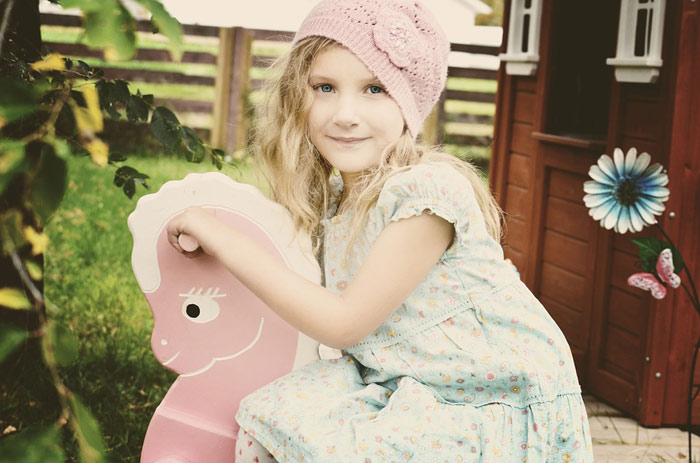How to Grow an Optimistic Kid?
Optimism is a valuable quality in adult life. Being an optimist means to be able to see the good side of life even during a difficult period. No matter what happens, one should not complain or get desperate. Instead, one should live through difficult times with dignity. How to develop these qualities in your child?

Be an optimist yourself
It is foolish to teach the child not to get upset over trifles, if you are upset yourself and if all you say are just words. Suppose you do not get upset over trifles, what should you do instead? Be able to see positive things? But how?

If you are not a very optimistic person, you have the opportunity to become one. Then you will teach your child to be an optimist. Moreover, you can even learn from your child to be optimistic. Your behavior is the best way of upbringing.
Teach the child to make mistakes
Mistakes are the natural result of growth and getting new knowledge and skills. A person, who is afraid of making a mistake, is unlikely to achieve success in life. Explain to your child that there can be no development without mistakes, that there is no disaster about making mistakes.
Teach to draw conclusions from mistakes
It is equally important to teach your child to draw conclusions from his/her own mistakes, analyze what has happened, why it happened, and how you can handle the situation. Most importantly, the child must understand that such mistakes should not happen again in future. There is no point in making the same mistakes again.
Be able to enjoy your victories and achievements
It may seem strange that a child should be taught to feel happy. However, not everyone can do it. When a pupil gets an excellent mark at school, the father or mother can say that an excellent mark in music means nothing. Parents may even tell the child it would be better to have excellent marks in mathematics. Or have them more often!
In such situations, the child begins to lose confidence and devalue achievements, no matter how small or great they may be. It will be very difficult for this child to grow optimistic.
Support the child in the time of failures and inspire confidence
It is important not only to be happy about the child’s success but also support him/her in a difficult moment when something fails to work. Share the kid’s pain and feelings, let him understand that difficulties are temporary, that after grieving for some time you need to move forward.
Take up some sports

Doing sports is not just good for health – it trains to achieve goals, overcome your laziness and resistance, enjoy the results and appreciate them. If the child gets accustomed to the successful model of behavior, he/she will then transfer it to other areas of life.
Learn to see the good things around. Every day
In the evening, you can just talk about the good/pleasant/cheerful events of the day – in the kindergarten, at school or even at home. You need to help your child find some positive moments and pay attention to all happy events of life. Talk about the good things that happened to you. You can even find a special album or a family book to write down all the pleasant moments of the day every night before going to bed. This simple exercise helps to be tuned in a positive way.
Tell about the success and failures of others
This advice is very important to understand and implement correctly. If some trouble occurs in the child’s life, draw his/her attention to the fact that you or someone else have also had this event in life. Understanding this is very supportive: I am not the only person who has got into trouble, so there is hope for the situation to get better.
It is useful to discuss what way out of a similar unpleasant situation other people have found.
Talking about the success of others, you need not make extensive comparisons, saying that other people are better, and you fail as always. If a child is learning to do something or is playing sports, you can tell him about those who tried hard and failed, but in the end, these people achieved success, after making every effort and working hard. Such examples motivate and inspire.
Teach to accept the world for what it is

Teach your child the same thing about other people. Accepting and reconciling are two different things. Having reconciled with something, people will not try to change, correct, or influence anything. And if we take something for granted, we learn to behave in the best possible way in a given situation.
Do not bind happiness to certain objects
Teach your child to be happy without reference to material values. Yes, it’s nice to get something you have been dreaming of for a long time. Living in a comfortable environment is convenient, and you should strive for a comfortable life. But it is a mistake to equate what you possess and what sort of man you are.
